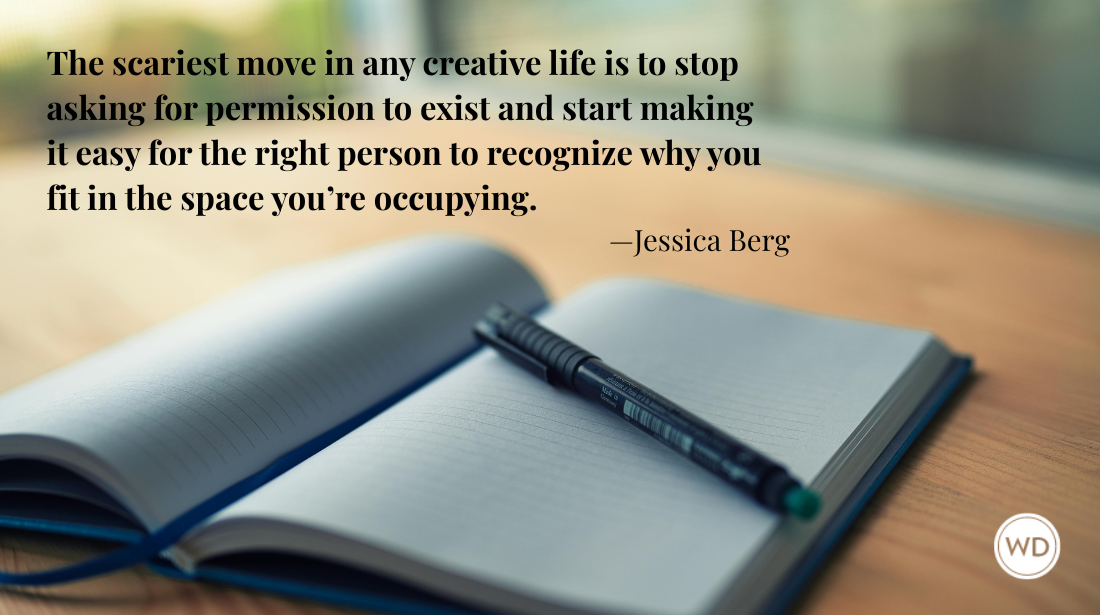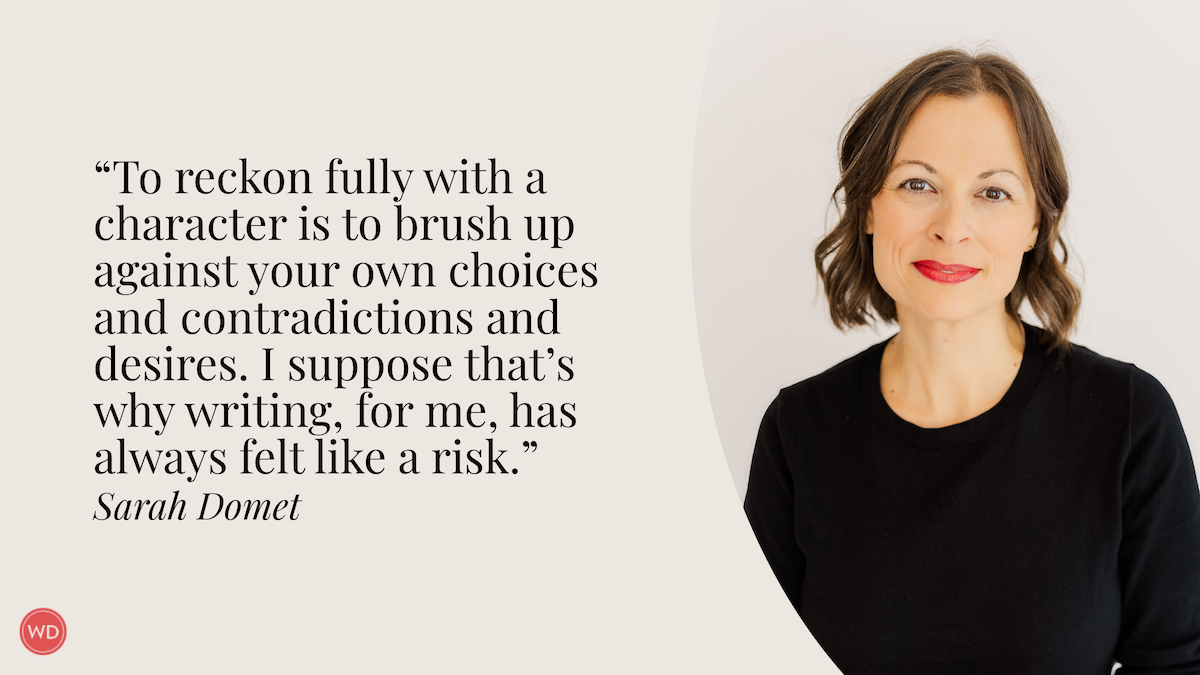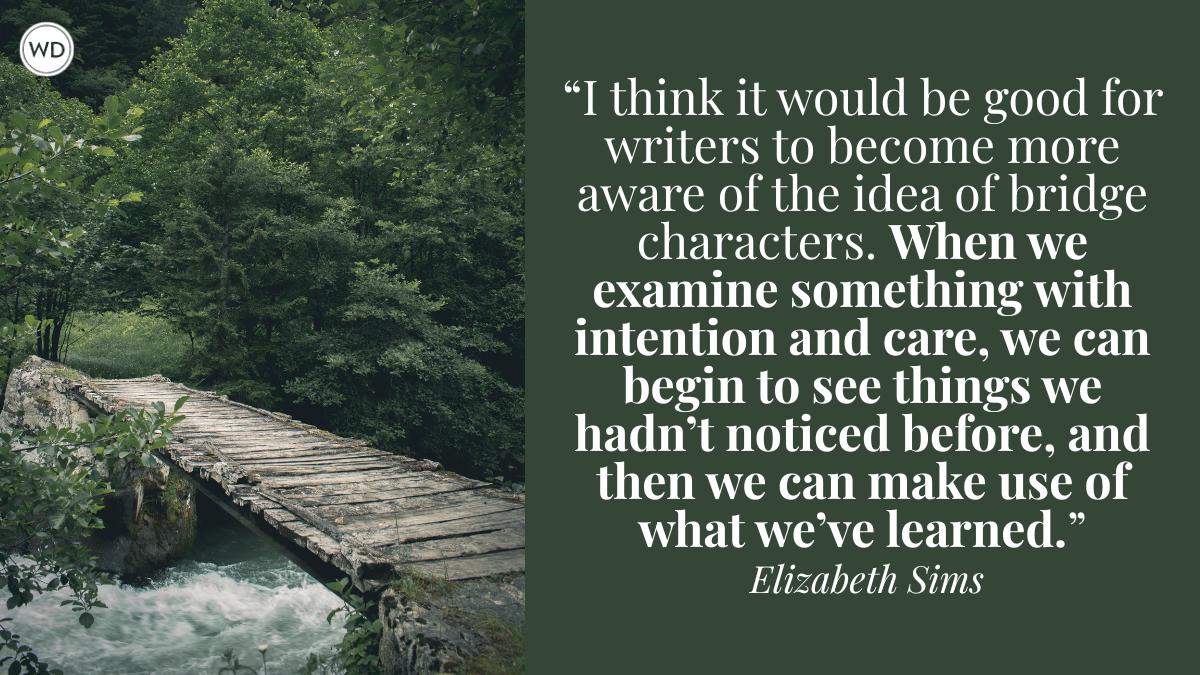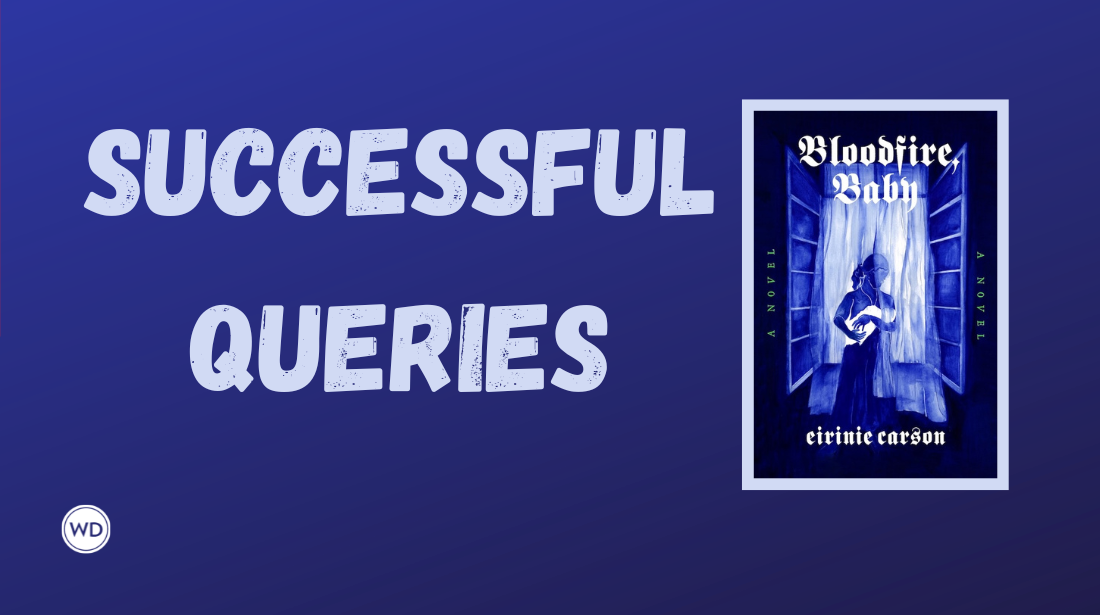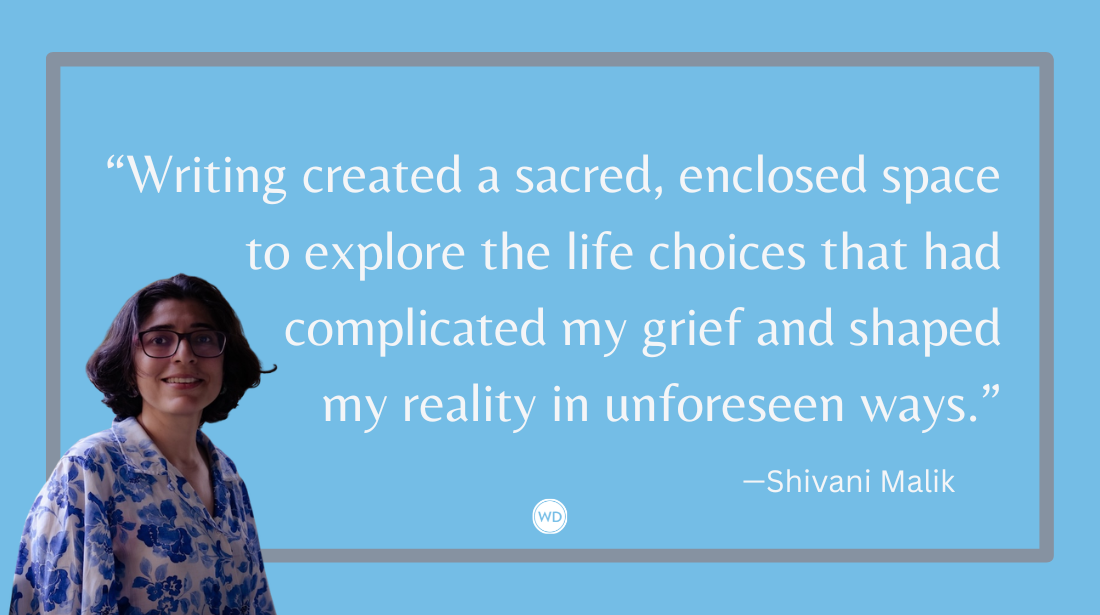The Truth in the Telling: Metabolizing Addiction and Trauma Through Fiction
Award-winning author Jessica Guerrieri discusses the appeal and benefit of writing and reading fiction that deals with addiction and trauma.
I devour everything. TV. Podcasts. Books. The sharp edge of emotion. The addictive pull of the unspeakable.
One weekend in March, I listened to the audiobook of my debut novel—not by rereading it, but by hearing it performed aloud by the narrator I had chosen myself. The moment I heard her voice, I knew. My whole literary team voted, just to be sure. It was unanimous. That’s her, they all said.
The protagonist in the story had become a vessel for truths I couldn’t yet say plainly. She was my way in—a character who let me explore the mess and meaning of addiction without having to pin it directly to myself. Not safe enough, as it turned out. I relapsed with drugs while writing that book. But from that darkness, I found my way back to recovery. Fiction let me tell the truth from the safety of a shadow.
And then I pressed play. I listened to every word in under 48 hours—pacing my neighborhood with headphones, scrubbing the bathroom, driving my kids around—while wave after wave of memory crashed over me. Every open wound from my active addiction came roaring back. It was visceral, like muscle memory. The sting of shame. The obsessive resentment I once clung to, aimed at the entirely wrong person—because turning inward was too dangerous. Too honest.
I wasn’t just listening to a novel. I was listening to the parts of myself I’d spent years burying beneath a carefully curated life. The story didn’t echo my past—it dragged me through it, then forced me to come up for air.
This is how I do everything. I don’t sip life. I swallow it whole. I’ve been sober for over a decade now, and while I no longer drink, I still metabolize experience in extremes. That intensity has shown up in unhealthy relationships with food, substances, and people. Which is maybe why writing fiction—this fiction—became not just a form of expression, but a form of survival. I needed a container big enough to hold all the things I couldn’t bear to say out loud.
There’s no clean science to explain why some of us feel more. Why the weight of the world doesn’t just press down on us—it lives in our skin. But I’ve long suspected that those of us who metabolize pain with urgency, with appetite, are the same ones who need story the most. We write it, we read it, we binge it in the form of prestige television. The culture might call it escapism. But I know it’s something else. It’s alchemy.
Look at what we consume: The White Lotus, Adolescence, every gorgeously shot series about dysfunction, betrayal, and collapse. We binge narratives that circle trauma because on some level, we’re all trying to process it.
Dying for Sex, the podcast I inhaled late at night long after my kids had gone to bed—now being adapted into a limited FX series starring Michelle Williams and Jenny Slate—is ostensibly about terminal illness and sexual liberation. Her cancer is incurable; dying is in the title. And yet what lingers most is the tenderness and clarity of female friendship.
People often ask how audiences can stomach so much true crime—murder, abuse, the worst humanity has to offer—and the answer, I think, lies in the form. It’s not the brutality we’re drawn to. It’s the storytelling. Even at its darkest, true crime is shaped. There’s a beginning, a middle, a motive. A villain, a victim, sometimes even justice. We don’t consume it because we’re desensitized. We consume it because story offers the illusion of order, of cause and effect, of meaning. It teaches us how to look for danger, how to survive it, how to name it. And when the truth is too painful to look at head-on, story lets us look sideways. It makes the unbearable watchable.
We see the same hunger in fiction. Even romance novels, like those by Abby Jimenez, which deliver laughter and joy, are scaffolded on real grief—infertility, loss, and, in her latest, the slow devastation of dementia. Broken Country, a recent Reese’s Book Club pick, dares to center two themes many publishers might quietly label “too dark for mainstream”—animal cruelty and child loss. And yet, the author’s steady place on the New York Times bestseller list would beg to argue otherwise.
We keep coming back to fiction not because it distances us from pain—but because it dares to hold it up to the light.
Facts are clean. Facts are for police reports and intake forms. But trauma doesn’t show up in facts. It arrives as a flash, a sensation, a memory with teeth. Fiction gives us the freedom to get it wrong on the way to getting it right. The timeline can blur. The consequences can sting the way they were meant to, not the way they did. Characters can be composites. Voices can say the unsayable. Fiction allows for emotional precision. It tells the truth not of what happened, but of what it felt like to live through.
I didn’t write my novel as a memoir for a reason. For me, memoir would’ve been a self-dissection. Fiction was an act of rebuilding. I gave the main character parts of myself—but not all of me. In her mistakes, I saw my own logic. In her grief, I recognized my silences. But I was also able to love her in a way I wasn’t yet ready to love myself. That’s the gift of fiction—it makes empathy possible, even when the subject is you.
There’s a reason I couldn’t stop listening to my own novel. It wasn’t vanity. It was recognition. I had written something true. And when I heard it read back to me, I could finally hear the emotional clarity I’d been chasing—and it cracked me open. I wasn’t reliving trauma. I was watching it transmute into something shaped. Something survivable. Something with an ending.
Storytelling, for me, has always been about urgency. A way to make sense of what doesn’t. A way to survive what shouldn’t have happened. And that’s what fiction gives us: the capacity to metabolize what life throws at us—even when life refuses to give us the clean arc of beginning, middle, end.
So no, I don’t think fiction is a lesser truth. I think it’s the bravest one. We tell stories not to escape life—but to survive it. To make something of the weight. To transform grief into something we can carry. Something we can even, someday, set down.
And then, maybe, we hand it to someone else. Maybe they hear their truth in our voice. And maybe, for a moment, they feel a little less alone.
Fiction doesn’t hide the truth—it metabolizes it into something we can stomach. Something that prepares us for what we’re meant to survive.
Check out Jessica Guerrieri's Between the Devil and the Deep Blue Sea here:
(WD uses affiliate links)




